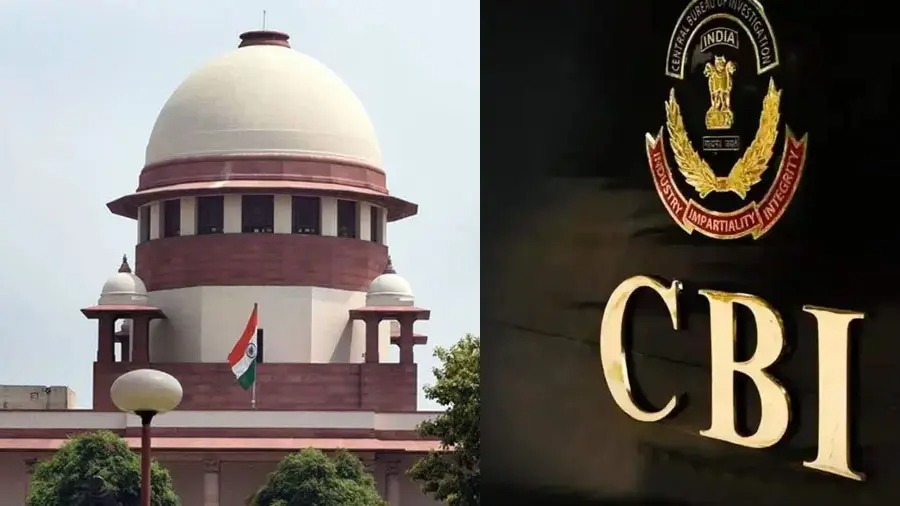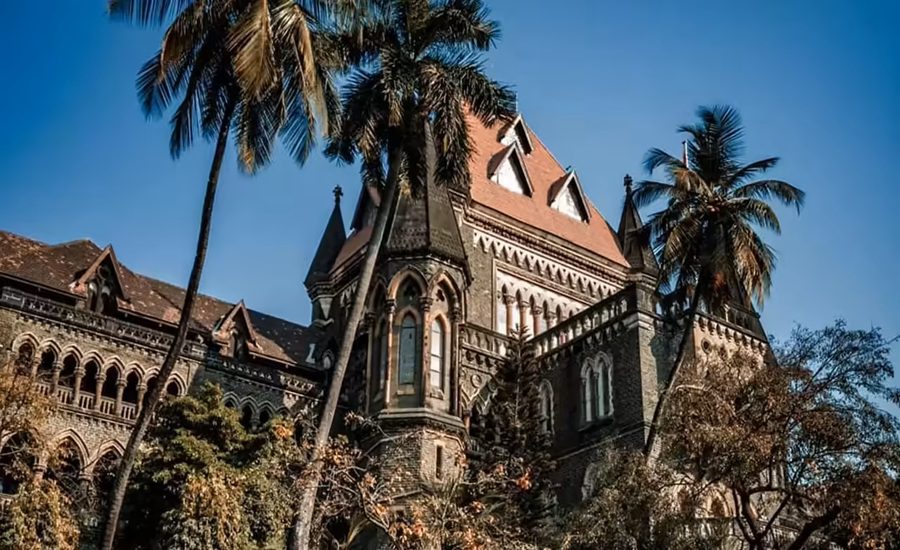Rameshwar Singh Malik, J.@mdashFeeling aggrieved against the concurrent findings of fact recorded by both the learned courts below, defendants have approached this Court by way of instant regular second appeal, in a suit for recovery.
2. Brief facts of the case are that defendant-appellant No. 2 Sumeer Joseph son of defendant-appellant No. 1-Dr. Joseph K. Masih, entered into a service contract with the plaintiff-respondent. At the time of joining service, defendant No. 1 furnished a bond, having its terms and conditions, agreed between the parties. It is also not in dispute that defendant No. 1 served with the plaintiff only for a period of 21 months. Since defendant No. 1 left the job, plaintiff-company filed the present suit for recovery of Rs. 28,840/- including interest up-to 15.8.2006 together with cost and future interest @ 18% per annum from the date of filing of the suit till its realisation.
3. After completion of pleadings of the parties, the learned trial Court framed the following issues:-
1. Whether the plaintiff is entitled to recovery of Rs. 28,840/- alongwith interest as prayed for? OPP
2. Whether the present suit is not maintainable in the present form? OPD
3. Whether the plaintiff has not come to the Court with clean hands and has suppressed material facts of the case as prayed for? OPD
4. Whether the defendants are entitled to recovery as prayed for? OPD
5. Relief.
4. To substantiate their respective stands taken, both the parties led their documentary as well as oral evidence. After hearing the learned counsel for the parties and going through the evidence brought on record, the learned trial Court came to the conclusion that plaintiff has duly proved its case. Accordingly, the suit of the plaintiff for recovery of the above-said amount was decreed vide impugned judgment and decree dated 31.1.2013. Dissatisfied, defendants filed their first appeal which also came to be dismissed by the learned first appellate court vide its impugned judgment and decree dated 16.5.2014. Hence, this appeal.
5. Defendant No. 2-appellant, who is father of defendant No. 1 and claims to be the general power of attorney holder of his son appears in person and submits that the service contract between defendant No. 1 and plaintiff was contrary to the public policy. Plaintiff could not have acted upon the said service contract unilaterally. He further submits that there was no violation of any terms and conditions of the contract by defendant No. 1. Since defendant No. 2 stood surety for defendant No. 1, he was one of the defendants in the suit. Appellant next contends that Ex. P2 was only a marked document, which could not have been read into evidence against the defendants. Appellant concludes by submitting that both the learned courts below have misdirected themselves, while not considering the genuine claim of the appellants, set up in their counter claim. He prays for setting aside the impugned judgments and decrees, by allowing the present appeal.
6. Having heard the appellant, who appears in person, at considerable length, after careful perusal of record of the case and giving thoughtful consideration to the arguments advanced, this Court is of the considered opinion that in the given fact situation of the present case, no interference is warranted at the hands of this Court, while exercising its appellate jurisdiction u/s 100 of CPC (''CPC'' for short), because no question of law much less substantial question of law has been found involved in the instant case. To say so, reasons are more than one, which are being recorded hereinafter.
7. It is a matter of record that there was a service contract between the parties. Defendant No. 1 was signatory to the service contract. It is neither pleaded nor argued case on behalf of the appellants, that defendant No. 1 was misled by any of the misrepresentation made on behalf of the plaintiff, at the time of execution of service contract between the parties. The service contract was not an unilateral act of the plaintiff. Having accepted the terms and conditions of the service contract, knowing fully well the consequences thereof, defendants were bound by the said service contract.
8. Nothing has been pointed out by the appellants as to how the service contract was contrary to the public policy. Having said that, this Court feels no hesitation to conclude that since the service contract was not contrary to the public policy, it was binding between the parties. Both the learned courts below have committed no error of law, while passing the impugned judgments and the same deserve to be upheld.
9. Learned first appellate court has rightly re-appreciated the true facts of the case as well as the settled principles of law applicable thereof, while passing the impugned judgment and decree. The cogent findings recorded by the learned Additional District Judge in para 15 to 17 of the impugned judgment, read as under:-
"Of late, it is quite usual that a company offering job and training to Engineer does ask him to furnish a bond for certain period and furnish a bond is not illegal in any manner, when there is no undue influence. In this case appellant has not been able to make out a case of undue influence, though he has argued it in the course of arguments in the appeal. The bond/agreement can not be said to be one sided. As the appellant as well as Executive Officer of the Company, both has signed the said bond. A perusal of the bond has shown that there was nothing unreasonable or unconscionable in the said bond or agreement Meaning thereby bond is valid in itself.
It has been argued that the learned lower court has decreed the suit despite of the fact that agreement/bond Ex. P2 was not placed on record and executed in accordance with the rules of evidence. So the said document being wrongly executed was not supposed to be read in evidence and thus, no decree was to be passed on the basis of such document
No doubt, the respondent has placed on record Photostat copy of the salary certificate Ex. R2 but the same was exhibited on record without any objection from the side of defendant. It is an established proposition of law that when document is otherwise relevant and admitted in evidence the same cannot be de-exhibited only on the ground that the same was not exhibited in accordance with the rules of evidence. When no objection is taken at the time of making exhibit, then it has to be said that opposite party had waived the objection regarding rules of evidence. Otherwise also, in this vary case, the appellants have relied upon this very document as Ex. D3 as is clear from the record. The said agreement is copy of document Ex. P2 which has been dully signed by Harjit Singh Executive Director of the company and Sumeer Joseph the newly appointed Engineer. So now, despite raising objection, no fault has been found with the exhibiting of the document Ex. P2 especially when the execution of the same has been admitted by the defendants in their written statement. So this contention of the appellant has not been able to cut any ice."
10. So far as the argument raised by the appellant that Ex. P2 was not duly proved and should not have been read into evidence against the defendants is concerned, the same has been found to be fallacious. The reason is that when this document was being exhibited during the course of leading of evidence, no objection was raised by the defendants. Once document has been duly exhibited on record without having raised any objection on behalf of the defendants, it is too late to reject this piece of evidence at this belated stage. So far as the counter claim set up by the defendants-appellants was concerned, they failed to lead any cogent and convincing evidence. In this view of the matter, it is unhesitatingly held that both the learned courts below committed no error of law, while passing their respective impugned judgments and the same deserve to be upheld, for this reason also.
11. During the course of hearing, appellants No. 1 has failed to point out any jurisdictional error or patent illegality apparent on the record of the case, in either of the impugned judgments and decrees. He also failed to put into service any substantive argument, so as to convince this Court to take a different view than the one taken by the learned courts below. Further, no question of law much less substantial question of law has been found involved in the present case, which is sine qua non for interference at the hands of this Court, while exercising its jurisdiction u/s 100 CPC. Thus, the impugned judgments and decrees passed by both the learned courts below deserve to be upheld, for this reason as well.
12. No other argument was raised.
13. Considering the peculiar facts and circumstances of the case noted above, coupled with the reasons aforementioned, this Court is of the considered view that the present appeal is misconceived, bereft of merit and without any substance. Thus, it must fail. No case for interference has been made out. Consequently, the impugned judgments and decrees passed by the both the learned courts below are upheld.
14. Resultantly, the instant appeal stands dismissed. Pending application also stands disposed of. No costs.

